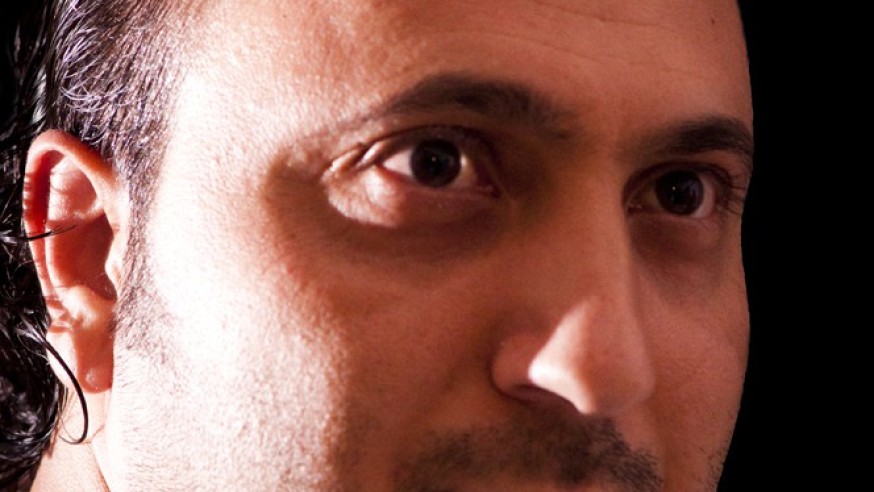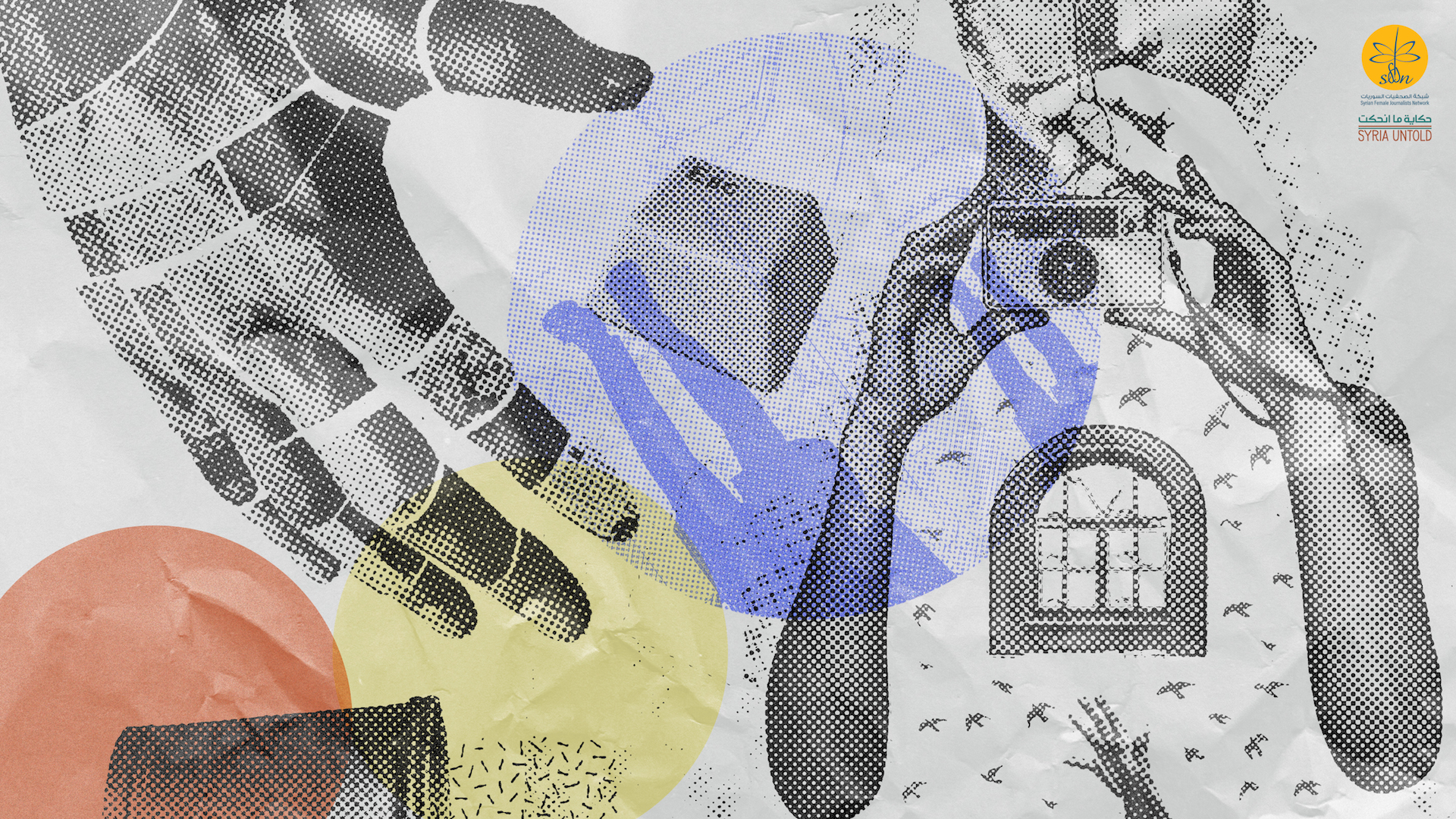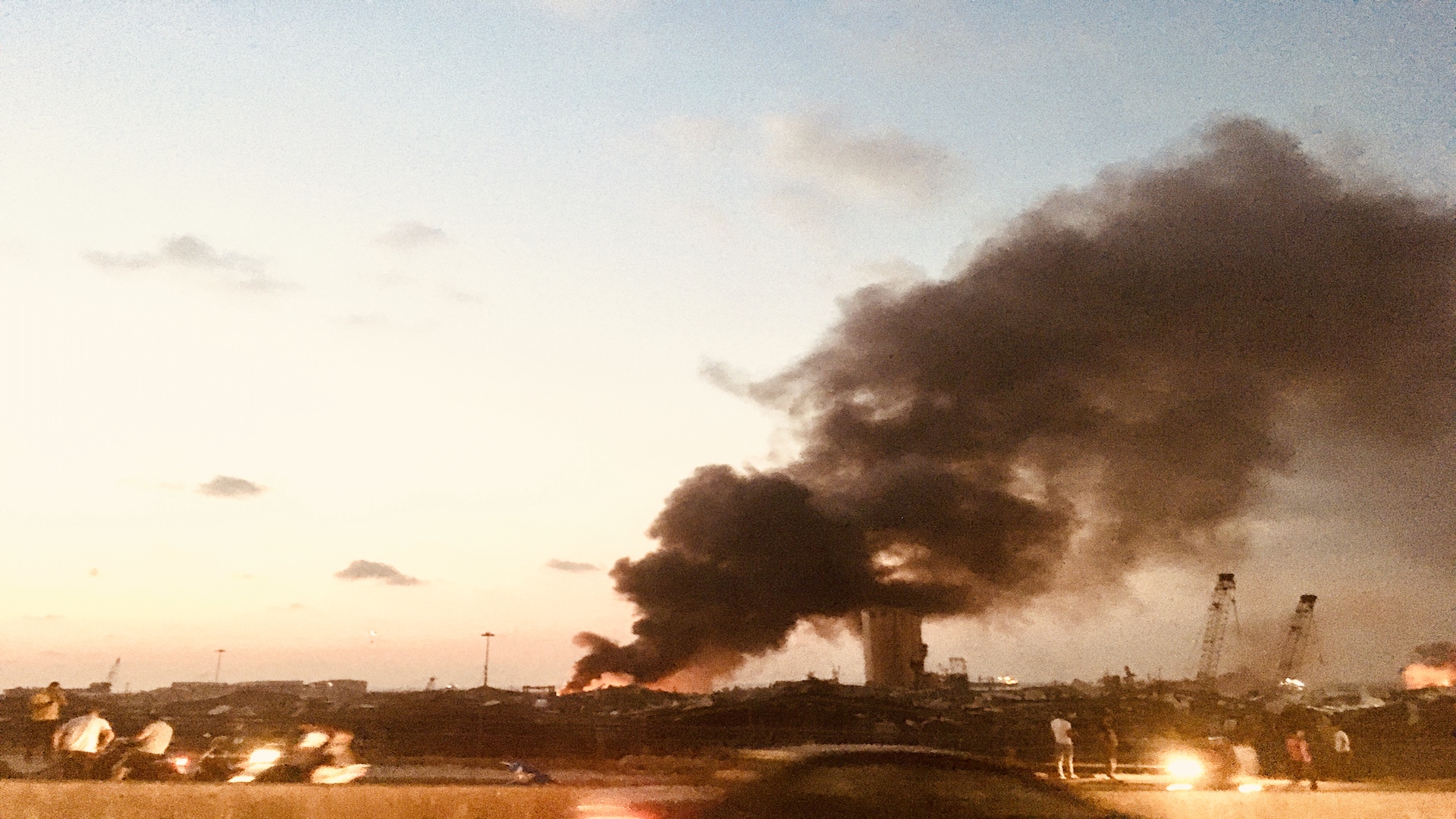We write and delete, then write and delete, then, obstinately, stamp out our internal resistance and go on writing. It is as though the pen, before the heart and soul, refuses to write the obituary of a city that has died, in an attempt to deny and disbelieve what the rational mind is already telling us.
Still, writing is inevitable in the end, as condolences must be sent, no matter how “heavy the pain and deep the tragedy.” Isn’t that what we say in funerals? But are we in a funeral? For whom? Beirut, its inhabitants or our own souls? Who is consoling whom?
In contemplating the pain of so many people, we realize which city we are grieving. Each has their own story with Beirut, a story to tell, even if intertwined with pain.
Good words about the city are inevitable, no matter how tough or bad the experience—not out of the principle of remembering the good deeds of the dead, but because this is Beirut we are talking about. It is Beirut which has always shone its light on everyone. Anyone who lived in the city was touched by its joy and passion for life. Beirut is like a woman born for the sole purpose of radiating happiness and mocking all our pessimism. Perhaps, even today, it is mocking our talk about its death. This is Beirut, with all its contradictions; laughing amidst its pain and mocking while drowning in tears. Do the dead cry?
Why all this pessimism and talk about death? Do cities really die? Hasn’t Beirut already weathered the storms of civil war, Israeli occupation and warmongerism and death? Haven’t we mourned it many times, only for it to return and falsify all our apocalyptic predictions? Why have we written its obituary already? Why all this pessimism? Why all this talk about Beirut’s death to begin with?
Anyone who knows Beirut and has visited it must be well aware that the explosion is not a prelude but a consequence. It is an official declaration of the death of a city that has been slowly dying for years before our eyes, while our pride refused to admit it.
Anyone who knows Beirut and has visited it must be well aware that the explosion is not a prelude but a result. It is an official declaration of death of a city that has been slowly dying for years before our eyes, while our pride refused to admit its death because we do not want to declare our own death. Who declares their own death? Who mourns themselves?
Beirut has been dead ever since Hezbollah treaded the Syrian territory to murder its people and stand by a dictator whose hands are blooded with the killing of the revolution of the innocent.
Beirut has been dead since the doors of Hamra street were silently shut, one after the other, since Coffee Bean coffee shop shut down, along with the cafes and stores in downtown Beirut.
Beirut has been dead since the dust, negligence, trash and corruption concealed all its landmarks that used to shine on all Arabs with love and real resistance. Beirut scintillated with a love for life through the faces of its citizens who eagerly threw themselves in the arms of life, joy and love in an unprecedented manner, as though they were to live forever, despite all the tragedies, hardships, need and challenges thrown at them.
Beirut has been dead since the signs of totalitarianism started to appear in its skies, beginning with the incident of Lebanese actor Ziad Itani and the summoning of activists to the intelligence and public security branches. Is this really happening in Beirut, or has it always been happening but we were none the wiser? Should we reread between the lines? Should we change our glasses to adjust our vision?
Beirut has been dead since the signs of totalitarianism started to appear in its skies, beginning with the incident of Lebanese actor Ziad Itani, who was wrongly accused in 2018 of being an agent for Israel, and the summoning of activists to the intelligence and public security branches. Is this really happening in Beirut?
It is true that cities waver between death and life, and it is also true that Beirut will pick up the pieces of its defeat and rise again, and that cities never surrender to their tyrants, mullahs and secretaries of parties who all end up in the ash heap of history.
But cities die when they lose their luster and color, when they become strange to their citizens, when they force their citizens to emigrate, when they close their publishing houses, when their journalism becomes decadent, when intellectuals no longer fill their streets and horizons. This is Beirut now, not because of the explosion, but even before it. Our beloved Beirut died when it ceased to be a hub for its lovers and intellectuals escaping to its shade from the desert of dictatorships, mullah republics and empires of shame. We can see this shame in the faces of leaders shying away from their responsibility for their city.
This shame is visible on our faces because of our inability to protect it. Sympathy that many of us have shown cannot erase this shame, nor can the sadness striking the hearts of many people who were touched by this passionate and cursed city, even in its last breath.
Each of us has a story in Beirut that is adored even by those who never visited it, because its legend has often preceded it. People have dreamt of its bars, streets and joie de vivre in the eyes of its citizens. These eyes are filled with tears today for the missing hope and future that had always been expressed in the dancing bodies of its people.
Cities die, when their citizens lose hope. This is the reality that we do not dare admit. Still, this is not an elegy for Beirut, for the city has not yet died.






